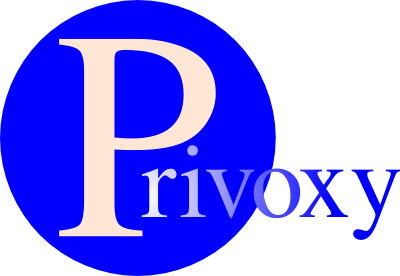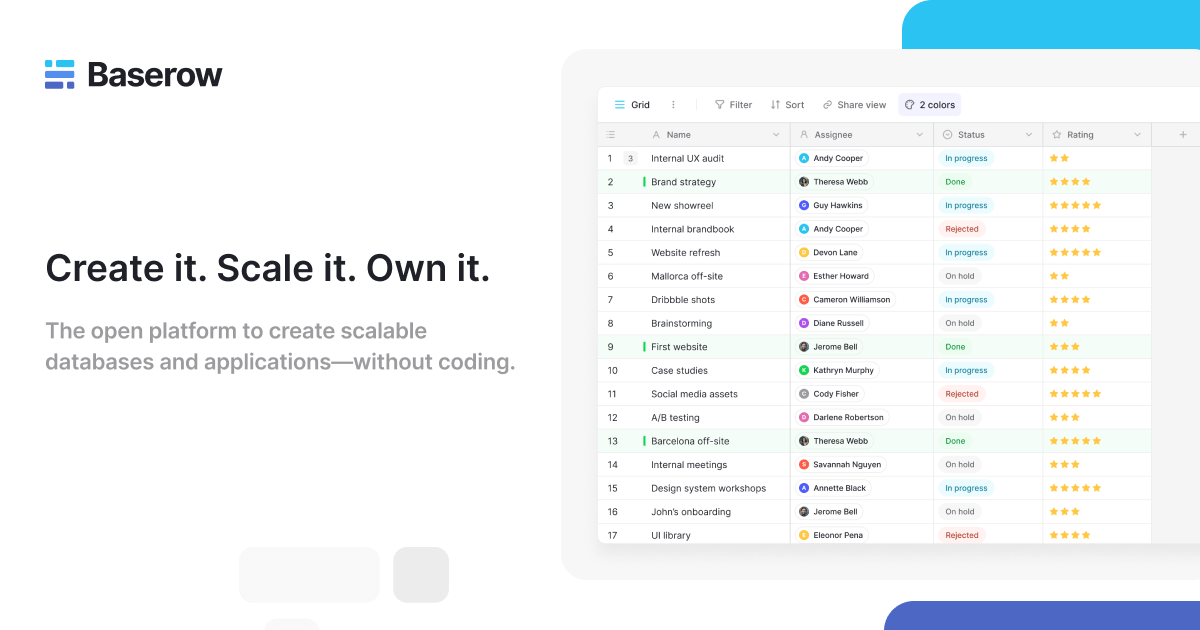Overview
Discover what makes Formbricks powerful
Formbricks is a privacy‑first, open‑source experience management suite that replaces commercial tools such as Qualtrics. At its core it is a survey platform capable of delivering in‑app, website, link and email surveys while aggregating responses into a unified insight engine. For developers the value lies in its modular architecture, well‑defined APIs and the ability to run the entire stack on premises or in a containerised cloud environment. The project is licensed under AGPL‑3, ensuring that any derivative work remains open and community‑driven.
Customer Feedback Loops
Product Onboarding
Event Tracking
Compliance Auditing
Overview
Formbricks is a privacy‑first, open‑source experience management suite that replaces commercial tools such as Qualtrics. At its core it is a survey platform capable of delivering in‑app, website, link and email surveys while aggregating responses into a unified insight engine. For developers the value lies in its modular architecture, well‑defined APIs and the ability to run the entire stack on premises or in a containerised cloud environment. The project is licensed under AGPL‑3, ensuring that any derivative work remains open and community‑driven.
Technical Stack & Architecture
Formbricks is built with a modern JavaScript/TypeScript stack. The frontend uses React (with Vite) and leverages Tailwind CSS for rapid UI development. State management is handled by React Query and Zustand, while routing relies on React Router. The backend is a Node.js/Express API written in TypeScript, exposing REST endpoints and WebSocket channels for real‑time survey events. Data persistence is achieved with PostgreSQL, accessed via the Prisma ORM, which also generates type‑safe query builders. The application is containerised with Docker, enabling straightforward deployment to Kubernetes or any OCI‑compatible orchestrator. A lightweight Redis layer powers caching and background job queues (BullMQ), ensuring high throughput for event streams.
Core Capabilities & Developer APIs
Developers can interact with Formbricks through a comprehensive REST API that covers surveys, responses, events, and analytics. The API supports pagination, filtering, and Webhook callbacks for custom event handling. An SDK (available as an NPM package) wraps common patterns, reducing boilerplate for authentication and request signing. The platform also exposes a GraphQL endpoint for ad‑hoc analytics queries, allowing fine‑grained aggregation without exposing raw data. For embedding, a JavaScript SDK renders surveys on any web page or React component with minimal configuration, supporting custom branding and A/B testing logic.
Deployment & Infrastructure
The self‑hosted version ships as a single Docker Compose file or Helm chart, making it trivial to spin up on bare metal, VMs, or cloud providers. All services (API, frontend, PostgreSQL, Redis) are defined as containers, and the stack can be scaled horizontally by adding replicas of the API or frontend pods. Persistent storage is managed via Docker volumes or external databases, while secrets are injected through environment variables or Kubernetes Secrets. The AGPL license encourages hosting on private infrastructure, giving enterprises full control over data residency and compliance.
Integration & Extensibility
Formbricks is designed to be a plug‑in platform. It supports custom event handlers via Webhooks, allowing downstream systems (e.g., analytics dashboards, CRM integrations) to react in real time. The SDK exposes hooks for custom logic during survey rendering, enabling developers to inject analytics or conditional flows. Additionally, the open‑source nature means that any community plugin (e.g., a new response exporter or custom question type) can be merged into the core repository, fostering rapid feature growth.
Developer Experience
The project follows a clean monorepo structure with separate frontend, backend, and sdk packages, each documented in its own README. TypeScript typings cover the public API surface, and the codebase adheres to ESLint/Prettier conventions. The documentation includes a “Getting Started” guide, API reference, and contribution guidelines, making onboarding straightforward. The community is active on GitHub Issues, Discord, and a dedicated Slack channel, where developers can request features or report bugs. Continuous integration ensures that every pull request is linted, tested, and built before merging.
Use Cases
- Customer Feedback Loops: Embed NPS or CSAT surveys in a SaaS product to capture churn risk data.
- Product Onboarding: Trigger welcome surveys in mobile apps via the SDK to gather early‑stage insights.
- Event Tracking: Use Webhooks to feed survey responses into a data warehouse for long‑term analytics.
- Compliance Auditing: Run the platform on-premises to satisfy GDPR or CCPA data‑control requirements.
Advantages Over Alternatives
- Performance: The use of Prisma and Redis caching reduces query latency, enabling millions of concurrent survey responses.
- Flexibility: Full source code access allows custom question types, response transformations, and branding without vendor lock‑in.
- Licensing: AGPL ensures that any proprietary extensions remain open, fostering a healthy ecosystem.
- Scalability: Docker/Kubernetes deployment patterns support both small‑scale demos and enterprise‑grade clusters.
- Privacy: All data stays within the host environment unless explicitly exported, addressing privacy‑first mandates.
Formbricks delivers a developer‑friendly, extensible survey engine that can be self‑hosted or run in the cloud, making it an attractive alternative for teams seeking control, performance, and open‑source innovation.
Open SourceReady to get started?
Join the community and start self-hosting Formbricks today
Related Apps in other
Immich
Self‑hosted photo and video manager
Syncthing
Peer‑to‑peer file sync, no central server
Strapi
Open-source headless CMS for modern developers
reveal.js
Create stunning web‑based presentations with HTML, CSS and JavaScript
Stirling-PDF
Local web PDF editor with split, merge, convert and more
MinIO
Fast, S3-compatible object storage for AI and analytics
Weekly Views
Repository Health
Information
Explore More Apps

Privoxy
Privacy‑enhancing web proxy that filters ads and junk
Janus WebRTC Server
Open‑source, pluggable WebRTC gateway for browsers and apps
SourceBans++
Centralized ban and admin management for Source engine servers
XWiki Platform
Collaborative knowledge management for enterprises
Emailwiz
Automated self‑hosted mail server setup

Baserow
Collaborative data platform for secure, no-code apps
